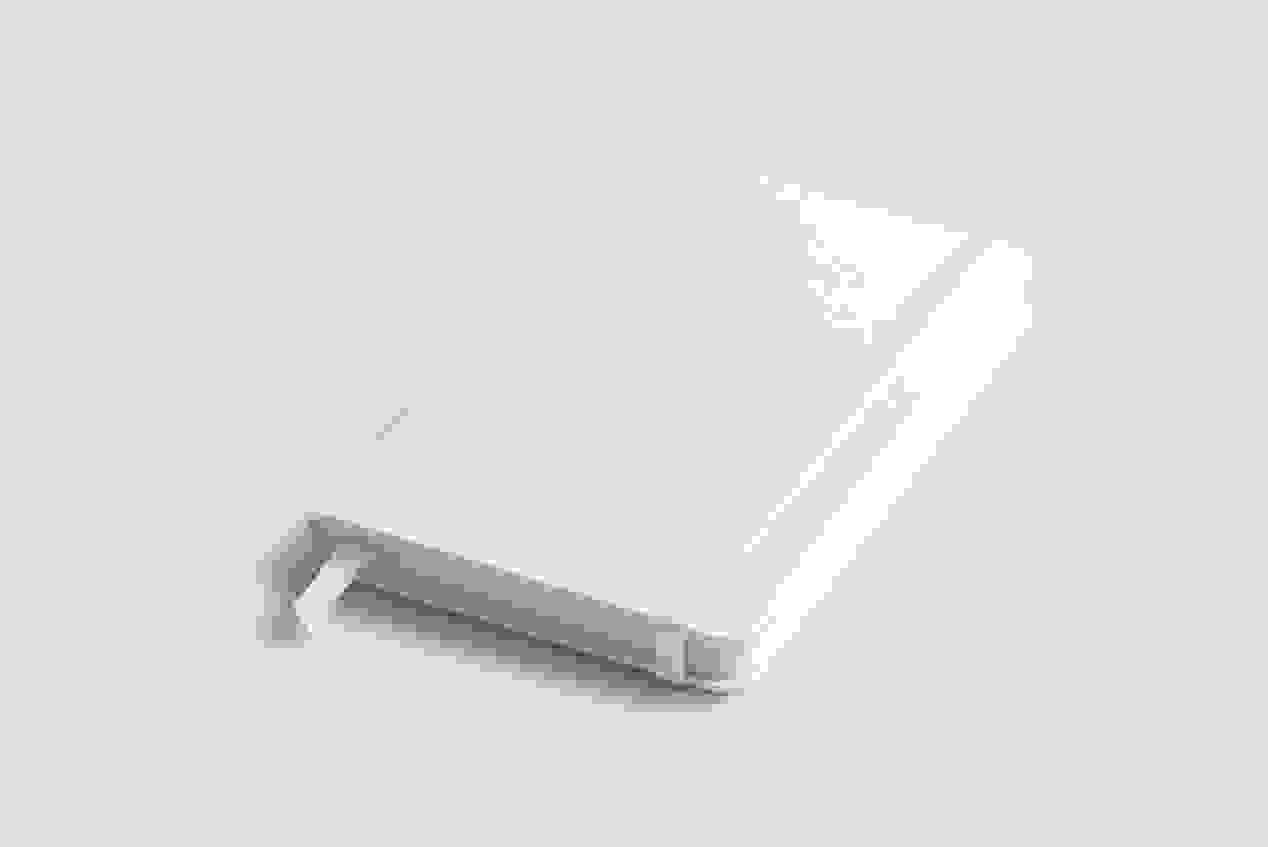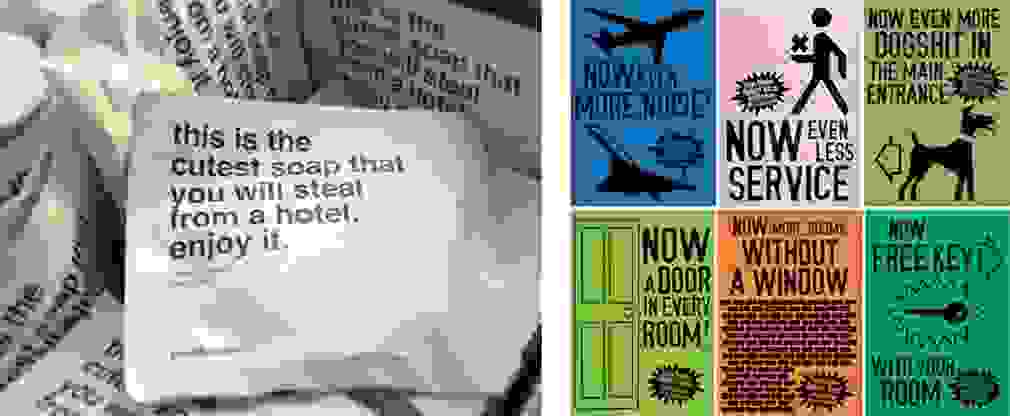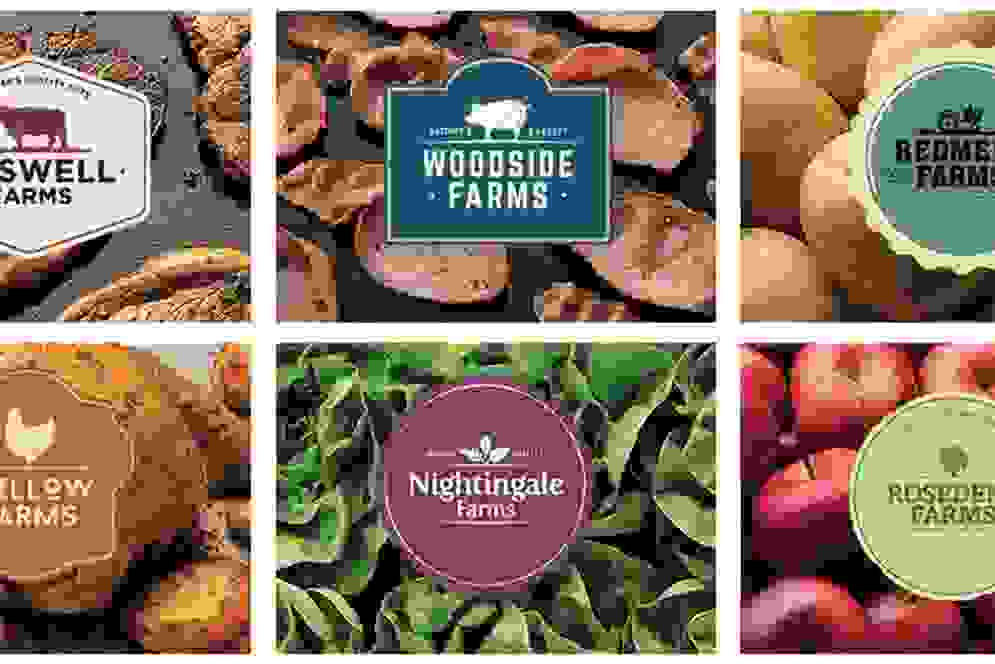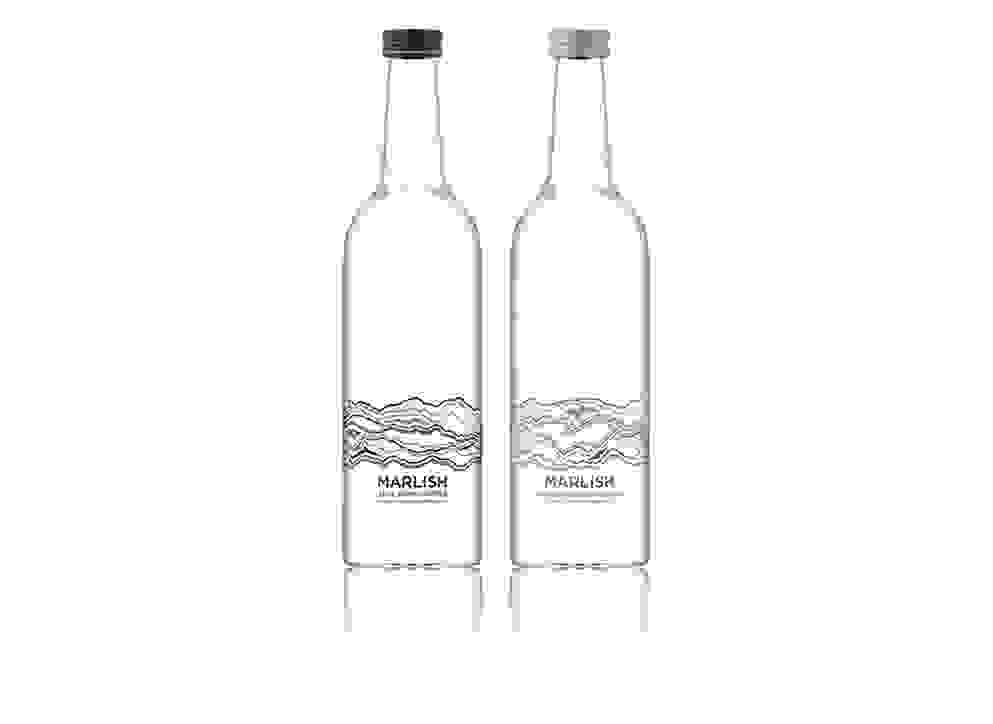The takeover of honesty in design

Over the past few years, honesty and authenticity in graphic design has grown in importance and value. In a world where people are submerged in ‘fake’ news and hectic lifestyles, increasingly savvy consumers are actively seeking a more authentic approach and want this from products in both their brand message and appearance. An honest or authentic design strips back all clutter and doesn’t try too hard to impress us or sell us something – they focus on their basic selling point and brand truth. Of course, not all design concepts are suited to this direction, but brands need to take note that this is a huge and growing market.
Communicating an authentic message
The key question to ask is, what are brands trying to communicate? If this is not aligned with the original source and values of the product we must ask if this is misleading to customers. People love a good story, and a great story behind a brand is what often draws people in. However, the only way your brand can be successful is by gaining, and keeping, the trust of your customers. Some brands push this even further and inject a bit of humour by being overly honest - this can make the brand even more likeable. See below a very honest hotel soap and a poster campaign from a hostel dubbed the worst in the world!

Taking a dishonest approach in design can be pretty hazardous. In 2017 four of the UK’s major supermarkets were urged to stop using fictitious, fake farm branding on their own-brand meat and vegetable products. Multiple complaints were made to say they were misleading shoppers by claiming that their own-brand products came from traditional, small-scale farms. This was not the case as some foods were imported from overseas – they were branded in this way to make them sound local and attractive to consumers. This resulted in numerous complaints, upset and embarrassment, which proves the importance of being honest in what you are communicating.

A design trend
The recent ‘return to nature’ movement focuses on honesty. It is a growing trend that keeps things simple by embracing a product’s natural quality by showcasing its textures, colour and organic shapes. In the modern world consumers are craving more than ever the simplistic beauty of the natural world. Furthermore, this trend meets a growing demand to be more environmentally friendly, respectful of nature and live healthier lifestyles. This shift is reflected in all design avenues through architecture, fashion and interior design. For example, we are starting to see more products on the shelves made from natural wood, marble, stone and crystal. In addition, the PANTONE colour of the year 2017 was Greenery, a fresh and organic shade of green described as ‘a refreshing and revitalising shade’. Greenery was symbolic of new beginnings, reflecting the consumer need for more greenery in their lives and the influence this has on brands’ future decisions.

Our recent re-brand and packaging design for Marlish Water is a brand which showcases its own unique selling point, which is a 150-year process where spring water filters through layers of prehistoric Northumberland rock strata. Our design concept focuses on authenticity as we created hand-drawn illustrations of the rock strata which directly communicates its 100% natural filtration process, ingredients and places it geographically to its location. The design is deliberately stripped back because it needs nothing more to sell what it is, making the brand ‘quietly confident’ and the product more attractive to consumers.

It’s always best to be honest!
Authenticity and honesty in design is simplifying a brand to its core values and presenting a truthful and clear message. Consumers want to remove clutter and noise from their lives and desire brands that are who they claim to be. Parallel to this, we are more in-need of one of the most honest and truthful things on the planet – nature. With this movement set to stick around for a long time, being honest really is essential – transparency will build a customer base that is more likely to be loyal to you for years to come.